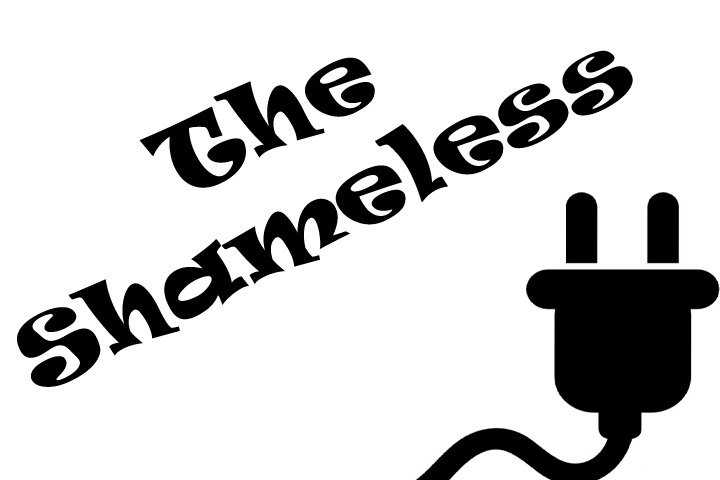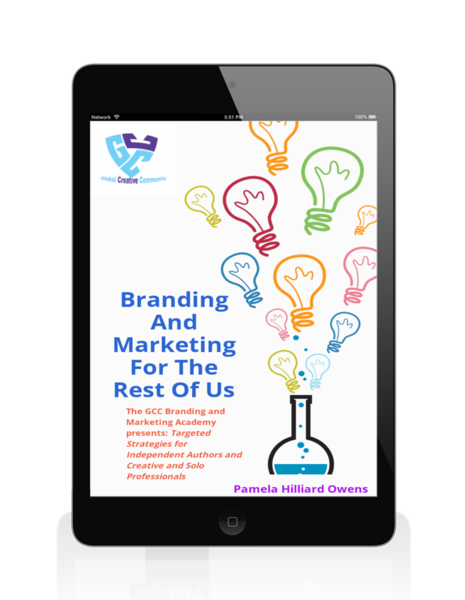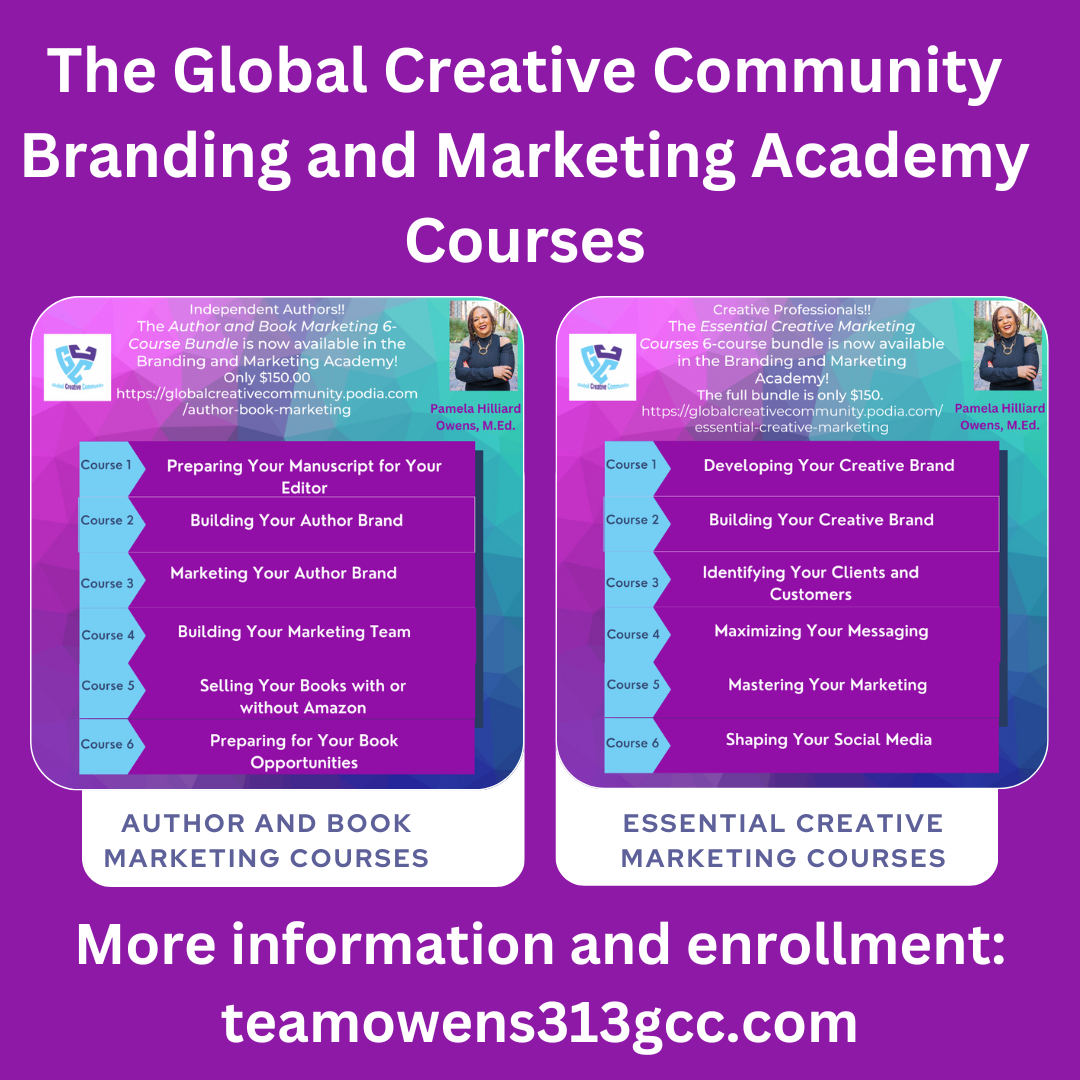Civics Education in the U.S. over the last 70 years
What it was. What it is now. Why it still is important.
Photo Credit: Alamy
Issue #316 Education May 10, 2023
I am a Boomer who was in elementary school in the 1950s. I remember the voting machines being delivered and placed in the hallways of my school the day before election day.
Then we were allowed to "vote" using the machines. I do not remember my teachers telling us who to vote for. They just told us why it was important for us to vote and taught us how to use the voting machines.
I learned how politics worked from my parents and grandparents, not from my teachers.
I also remember going with my Dad when he voted in the 1960 presidential election. With those old-school voting machines, you first pulled a big handle to move the privacy curtain that enclosed you in the booth. Then, after you pressed the little levels for your choices, you again pulled the big handle to open the curtain and raise the levers to register your votes for your chosen candidates all at once.
My Dad allowed me to pull the handle to vote for John Kennedy for president. The elementary school where my parents' voting precinct was located was only 1/2 block from our house and they walked to vote in every single election.
I remember learning in school from at least the 4th grade onward how the U.S. government worked. In the 5th grade, we had to memorize the Preamble to the Constitution. So many big words for a 9-year-old!
I remember teaching my own elementary and middle school students about civics and government. One year when I was teaching 8th-grade government with my performing arts students, I assigned them to learn the Preamble to the Constitution, but they were able to show what they learned by singing it, rapping it, debating it, and even re-drawing the iconic picture of the Founders signing the Constitution. We had so much fun.
Today, civics education is under assault from many MAGA Republicans, who consider learning how the government works or should work for all American citizens as "woke" educational indoctrination. The irony of that philosophy is that the right-wing only wants their version of American history and government taught, not the actual facts.
Please make sure to view and act on the important information at the end of this article to help support “We Are Speaking.” Thank you!
How Civics Education is Supposed to Work
Civics education is an essential part of the curriculum for students and provides them with the knowledge and skills they need to become informed and engaged citizens. Civics education teaches students about the structure and function of government, the rights and responsibilities of citizens, and the importance of active participation in the democratic process.
At the elementary level, civics education typically focuses on basic concepts such as citizenship, community, and government. Students learn about the different levels of government, the roles of elected officials, and the importance of voting. They may also learn about the Constitution and the Bill of Rights, and the rights and responsibilities of citizens.
In middle school, civics education becomes more focused and in-depth. Students learn about the different branches of government, the legislative process, and the role of the courts. They may also learn about political parties, elections, and the media. Middle school civics projects might include creating a campaign to promote a particular issue, organizing a mock election, or participating in a debate.
At the high school level, civics education becomes even more detailed and sophisticated. Students learn about the intricacies of the political process, including the role of interest groups and lobbyists. They may also learn about foreign policy, international relations, and the impact of globalization on the United States. High school civics projects might include conducting research on a public policy issue, lobbying elected officials on behalf of a cause, or participating in a Model United Nations simulation.
Recently, some far-right school districts have decided that students cannot even meet with elected officials for any reason, not even for their own civics projects.
Civics education is important for several reasons. First, it helps students understand how government works, how laws are made, and how they can influence the political process.
Second, civics education promotes civic engagement. When students learn about the importance of voting, the role of advocacy groups, and the impact of public policy, they are more likely to become involved in the political process themselves. This can lead to increased voter turnout, greater participation in community organizations, and a stronger democracy overall. This is exactly what the MAGA Republicans do not want, especially young people and non-white people who may tend to vote Democratic.
Third, civics education promotes critical thinking and problem-solving skills. When students engage with real-world issues and work to find solutions to complex problems, they learn how to analyze information, evaluate arguments, and make informed decisions.
Middle school and high school civics projects, such as the We the People program, the Mock Trial program, and the Youth in Government program, are excellent examples of how civics education can be engaging and meaningful for students.
My experience as an educator is proof that civics can be taught in a non-partisan and factual way to help students become knowledgeable future voters and effective participants in our democracy.
What do you think of civics education or the lack thereof today? Let us know in the Substack Notes feature.
You can always leave any questions in the comments or email us.
This article is free to access for 7 days after publication. Please consider becoming a paid subscriber for $5/month or less to access all of the articles and other benefits.
This is your chance to support everything Keith and Pam do. We appreciate you!
Purchase and download your copy of the “Branding And Marketing For The Rest Of Us” eBook for Independent Authors and Creative and Solo Professionals and other valuable eBooks.
Enroll in one of the 6-course bundles designed especially for you: “Author and Book Marketing” and/or “Essential Creative Marketing.”
Purchase your copies of “Detroit Stories Quarterly” issues.
What else do Keith and Pam do?
Where else can you find us?
Click the link below to learn everything you need to know and review everything we offer for independent writers and creative and solo professionals.








